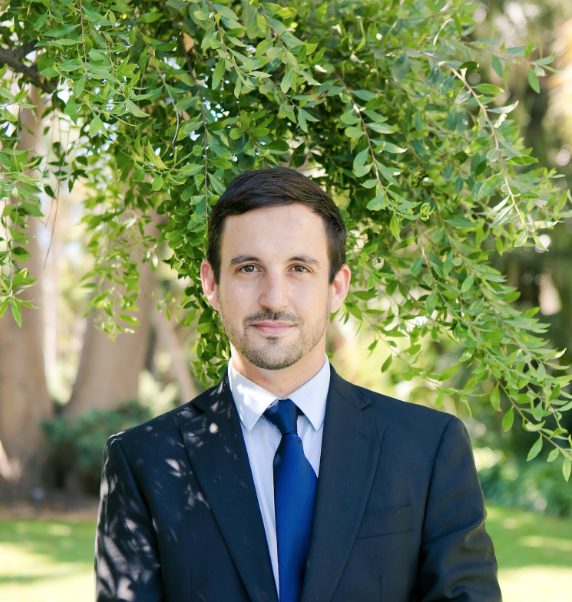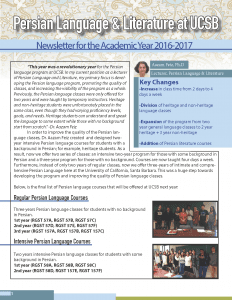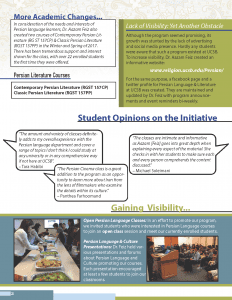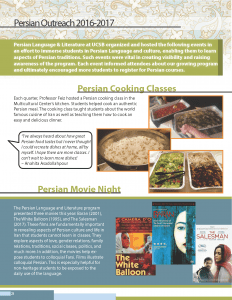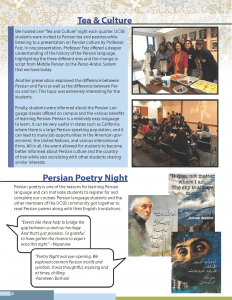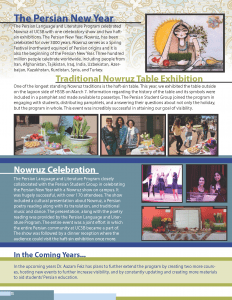Kolby Knight
About:
B.A. Mercer University
M.Div. Wake Forest University School of Divinity
“Knowing how to learn, and learning how to know, imply that there are modes of thought that are not limited to the exercise of reason; and it is these modes that place reason within the structures of life itself” — Charles Long “The University and the Study of Religion”
My dissertation “Father John Talbot Smith and the Making of Euro-American Catholicism” analyzes three important Catholic organizations at the turn of the twentieth century in the United States: the Catholic Theater Movement; the Catholic Summer School; and the Catholic Educational Exhibit at the 1893 World’s Fair in Chicago, Illinois. In tracing Smith’s leadership in and contribution to Roman Catholic educational and media institutions in the United States, my work explores a new angle of the so-called Americanist controversy at the end of the nineteenth century, analyzing how Smith, with papal support, marketed Roman Catholic sacramentalism as a means of preserving white family structures and patriarchal leadership following the abolition of slavery in the United States. I focus on Euro-American Catholic identity at the turn of the twentieth century as an aesthetic and political project — facilitated through three Catholic organizations — which generated emotional investments in ideas of nature, family, and reproduction which were crucial to the perpetuation of racial capitalism. My work is interdisciplinary in scope with insights garnered during my time as a student and teacher in the Departments of Religious Studies, Black Studies, Asian American Studies, Feminist Studies, and Theater and Dance.
My article, “William James, W.E.B. Du Bois, and the Art of New Religious Ideals” in the American Journal of Theology and Philosophy focuses on pragmatic practices of art, religion, and science at the turn of the 20th century which challenged mainstream representations of the West as an aesthetic and coherent culmination of human evolution. As I argue, Du Bois, in elaborating on James’s psychosocial theories from the context of his experiences of anti-Black racism in the US, encourages scholars to envision our teaching and scholarship as works of art that can help develop both vital interdisciplinary research and “new religious ideals” capable of pushing us beyond limiting social and political structures.








